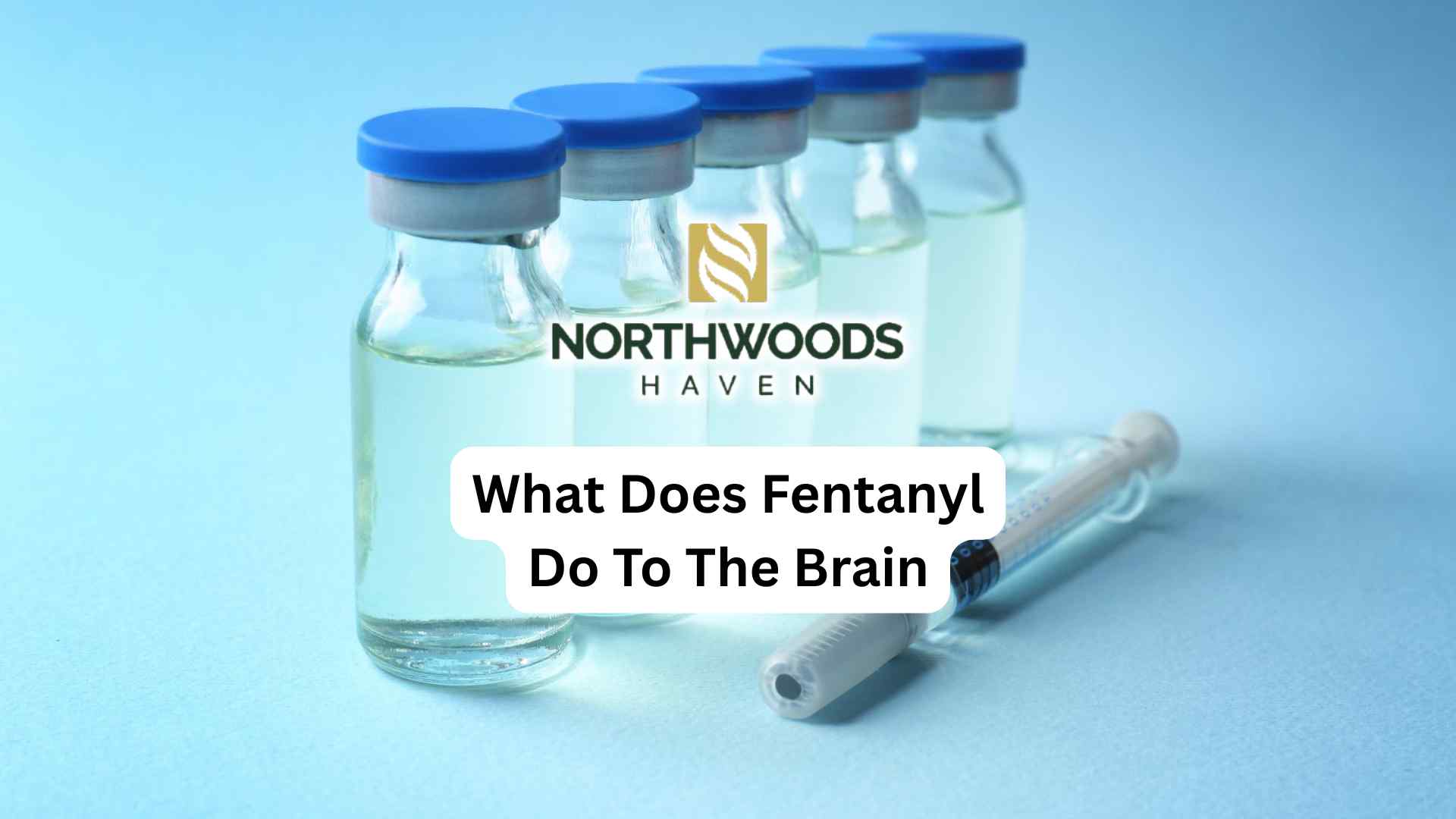Fentanyl is a synthetic opioid recognized for its remarkable potency and significant influence on public health. While originally designed for managing severe pain in medical settings, its powerful effects on the brain have made it a substance of concern beyond clinical use. Understanding how fentanyl interacts with the brain is crucial to appreciating both its medical value and the risks it poses.
This article will discuss fentanyl’s mechanism of action in the brain, its effects on pain perception and emotional regulation, the process of addiction development, the consequences of long-term use, and the dangers associated with overdose.
Mechanism of Action: How Fentanyl Affects the Brain
Fentanyl works by binding to specific opioid receptors located throughout the brain and nervous system. These receptors, particularly the mu-opioid receptors, play a crucial role in regulating pain and reward pathways. When fentanyl attaches to these receptors, it mimics the brain’s natural pain-relieving chemicals, effectively blocking pain signals. Its high potency allows fentanyl to bind more tightly and activate these receptors more efficiently than other opioids, leading to rapid and powerful effects.
The activation of opioid receptors by fentanyl not only reduces pain signals but also triggers the release of dopamine, a neurotransmitter linked to pleasure and reward. This dual action underlies fentanyl’s effectiveness as a painkiller and its potential for misuse.
Fentanyl’s strong impact on the brain’s opioid receptors and dopamine system makes addiction particularly challenging to overcome. Our personalized Fentanyl addiction treatment in Minneapolis, MN, combines therapy and medication to safely manage withdrawal, address emotional triggers, and provide the support needed for lasting recovery and renewed strength.
Effects on Pain Perception
Pain perception is directly altered by fentanyl’s action on opioid receptors in both the brain and spinal cord. By inhibiting the transmission of pain signals, fentanyl dramatically decreases the sensation of pain. This makes it invaluable for managing severe or chronic pain conditions where other medications might fail.
However, fentanyl’s suppression of pain signals also affects the brain’s natural ability to recognize harmful stimuli. This can lead to risky behaviors in users who feel numb to injury or discomfort, highlighting a dangerous aspect of its brain effects.
Influence on Emotions and Mood Regulation
Beyond pain relief, fentanyl influences the brain’s emotional centers. Its stimulation of dopamine release creates intense feelings of euphoria, relaxation, and well-being. These mood changes can rapidly reinforce drug-taking behavior, contributing to the risk of addiction.
Fentanyl also impacts other neurotransmitters involved in mood regulation, such as gamma-aminobutyric acid (GABA), which helps control anxiety and stress responses. The alteration of these systems can lead to mood instability and emotional blunting with prolonged use.

The Role and Types of Opioid Receptors in Fentanyl’s Effects
Opioid receptors come in several types, mu, kappa, and delta, with different functions and distributions in the brain. Fentanyl primarily targets mu-opioid receptors, which are responsible for analgesia, euphoria, and respiratory depression.
Kappa and delta receptors have more nuanced roles in modulating pain and mood but are less involved in fentanyl’s primary effects. Understanding these receptor types clarifies why fentanyl produces both powerful pain relief and high addiction potential.
Development of Addiction and Dependency
Repeated fentanyl exposure causes the brain to adapt by reducing its natural production of neurotransmitters like dopamine. This adaptation results in tolerance, where increasing doses are needed to achieve the same effect. Simultaneously, the brain’s reward pathways become hijacked, prioritizing fentanyl use over natural rewards.
These neurobiological changes foster physical dependence, causing withdrawal symptoms when fentanyl use stops. Beyond this, addiction develops as brain circuits controlling motivation, judgment, and impulse control are fundamentally altered, making it difficult for users to quit despite adverse consequences.
Consequences of Chronic Use on Brain Function
Long-term fentanyl use can impair cognitive abilities such as memory, attention, and decision-making. Structural changes may occur in brain regions responsible for executive functions and emotional regulation.
Chronic exposure also leads to emotional disturbances, including depression and anxiety, often complicating recovery efforts. These lasting brain changes underscore the serious neurological impact of sustained fentanyl use.
Neuroplasticity and Brain Recovery
The brain has the capacity to heal and reorganize after fentanyl exposure, a process known as neuroplasticity. With sustained abstinence and treatment, some brain functions can improve over time.
However, recovery is gradual and incomplete in many cases. The extent of healing depends on factors like duration of use, dosage, and individual biology. Rehabilitation efforts focus on supporting this neuroplasticity through therapy and medical intervention.
Overdose Risks and Lasting Brain Damage
Fentanyl’s high potency greatly increases the risk of overdose. It depresses brainstem centers that regulate breathing, which can lead to respiratory failure and death within minutes.
Even if overdose victims survive, oxygen deprivation during these events may cause permanent brain damage. Cognitive deficits, motor impairments, and other neurological issues can persist long after the acute episode.
Final Thoughts from Northwoods Haven Recovery
At Northwoods Haven Recovery, we understand the complex effects fentanyl has on the brain, from pain relief and mood changes to addiction and lasting cognitive impacts. Our comprehensive Fentanyl Addiction Treatment in Minneapolis, MN, is designed to address these challenges through personalized care, combining therapy and medication-assisted treatment. By focusing on both the neurological and emotional aspects of fentanyl addiction, Northwoods Haven supports clients in safely managing withdrawal, overcoming dependency, and rebuilding their lives with lasting recovery and resilience.



